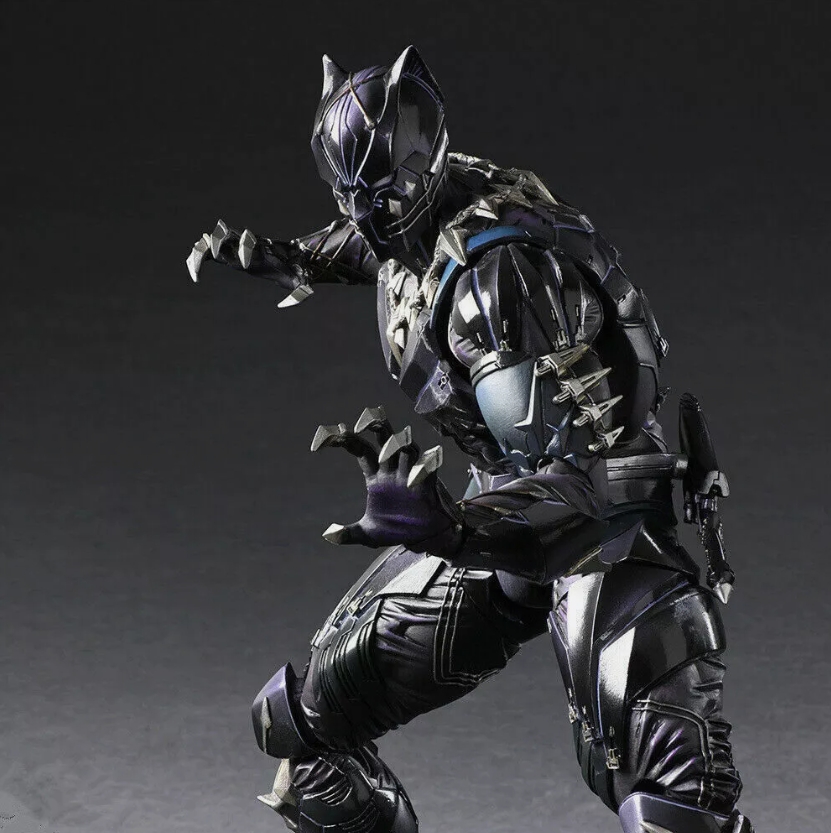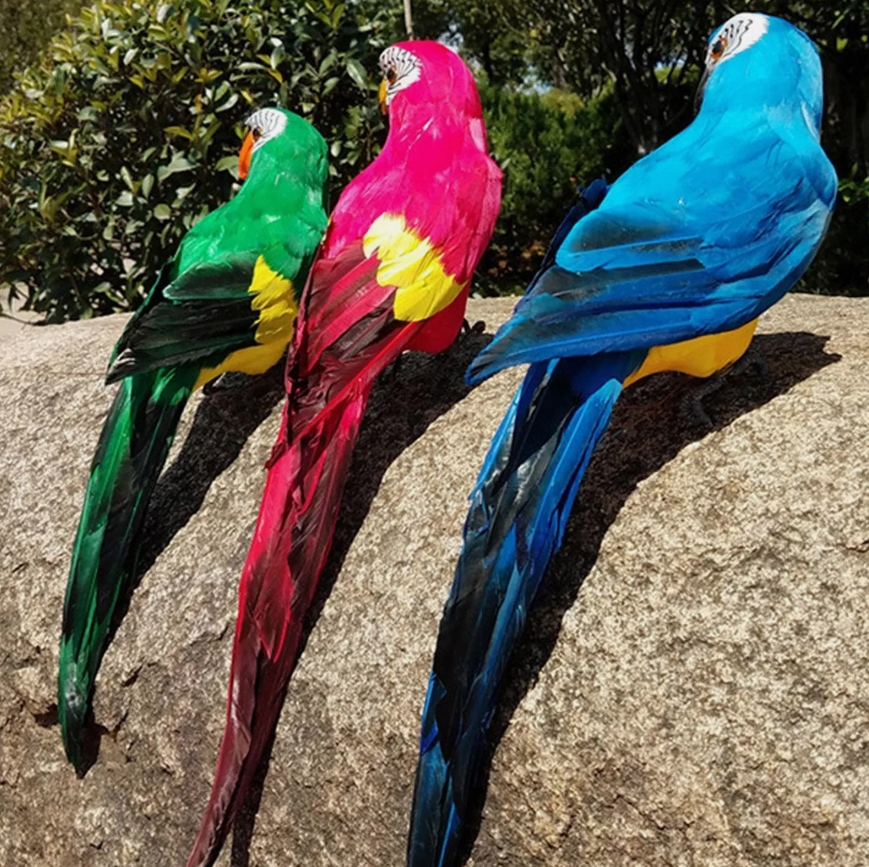Black Panther, a groundbreaking character in the Marvel Universe, represents more than just a superhero; he embodies cultural significance, empowerment, and the complexities of leadership. Created by writer Stan Lee and artist Jack Kirby, Black Panther first appeared in "Fantastic Four" #52 in 1966. The character, T'Challa, hails from the fictional African nation of Wakanda, a technologically advanced society rich in Vibranium, a rare and powerful metal.
Wakanda’s portrayal challenges stereotypes often associated with Africa, showcasing a nation thriving on innovation and independence rather than poverty and despair. T'Challa, as king of Wakanda, balances his duties as a leader with his role as a superhero, making tough decisions for his people while navigating international challenges. This duality highlights the themes of responsibility and sacrifice, as he often confronts adversaries who seek to exploit Wakanda’s resources.
The 2018 film "Black Panther," directed by Ryan Coogler, transformed the character into a cultural phenomenon. The movie explored deeper themes of identity, heritage, and community, making a significant impact on pop culture. Its portrayal of strong Black characters, innovative technology, and rich traditions resonated globally, inspiring audiences and leaving an indelible mark.
Beyond entertainment, Black Panther represents a symbol of hope and pride, encouraging discussions about race, representation, and the importance of Afrocentric narratives in mainstream media. As a character, T'Challa embodies resilience, wisdom, and the power of unity, reminding us that true strength lies in our commitment to our communities and the world around us.











